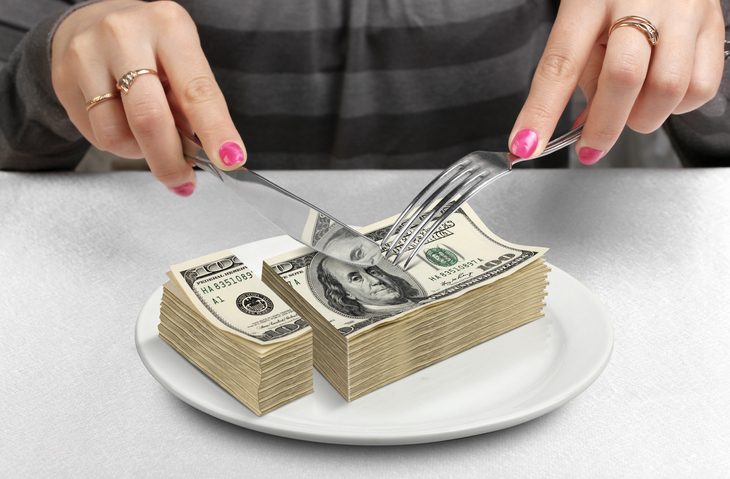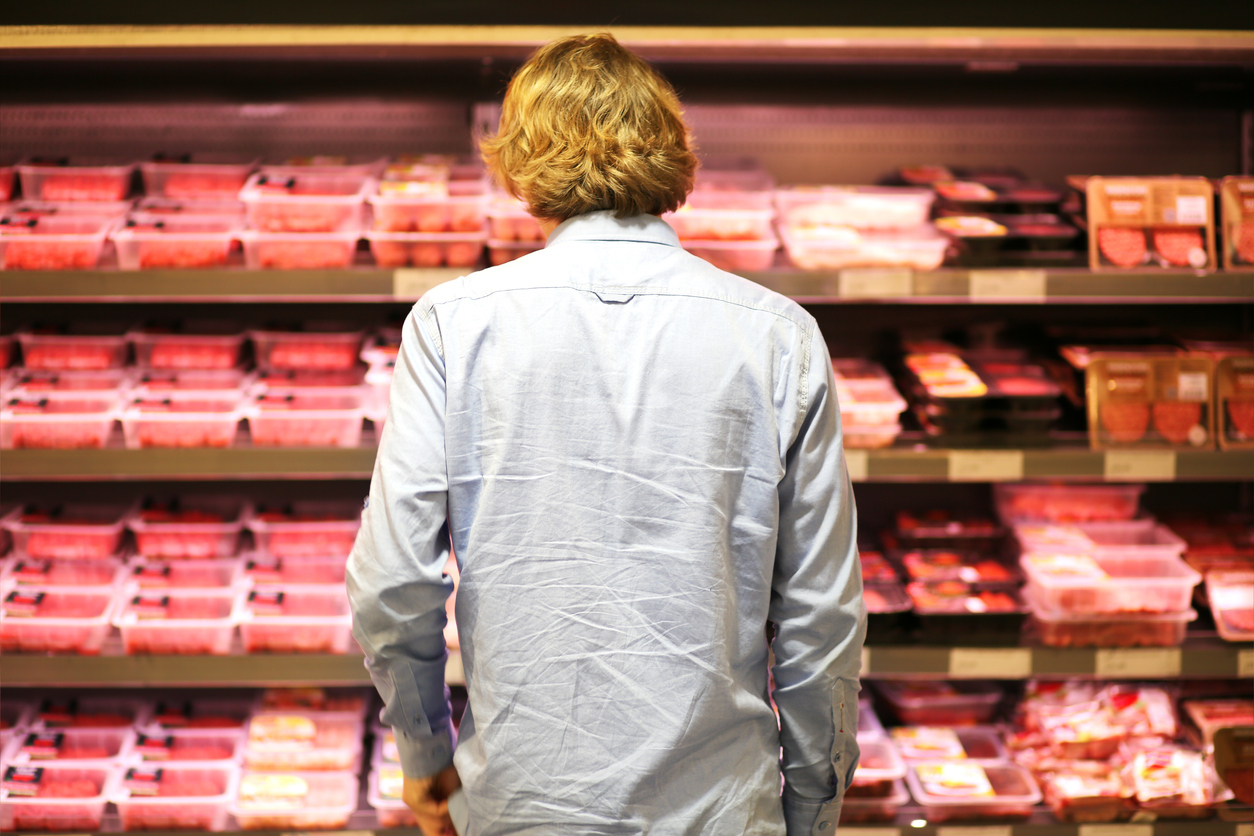Proposals to impose a B&O tax increase on food production will reduce farm incomes

Key Findings
1. Farmers and ranchers have been negatively affected by the lockdowns, despite being deemed essential services. Median farm households in Washington lost $821 in 2019.
2. Washington farms generate $10.2 billion for our economy.
3. To earn a 20 percent profit margin, farms must earn more than $5 million annually. Only 324 farms in Washington did that in 2017.
4. When lawmakers increase taxes on farmers and ranchers, the immediate effect is a reduction in farm income that is borne entirely by farm families and their employees.
5. Farmers cannot demand an increase of commodity prices to help ease the burden of tax increases; nor can they negotiate a decrease in input costs to save money while growing crops or raising livestock.
6. Instead, farmers and ranchers cut operating costs by reducing the number of employees they hire and limiting the number of acres they cultivate, leaving their employees and consumers with less income and less food respectively.
7. Farm families and the agriculture sector provide one of the state’s most hardy sources of revenue and it should be allowed to operate at maximum efficiency. To do so, taxation on farm operations should be held steady or rolled back, rather than increased.
Introduction
Current Washington state revenue is 8.6% higher than in the last budget, with the 2019-21 budget now topping $50 billion. Still, this is less of a revenue increase than lawmakers expected when they increased spending in a supplemental budget passed in 2020. The result is a deficit on paper between the real rise in revenue compared to the even higher level of spending that lawmakers want.
The gap between higher revenue and the desired level of spending has caused lawmakers to look for more revenue. Raising taxes on farmers and farm communities has been considered a low-hanging fruit option by some lawmakers.
At the same time, the economic shut-down the governor ordered in response to COVID-19 has added to the problems already facing farmers across Washington state. Previously, the legislature used budget gaps as a justification to increase taxes in many areas. As recently as 2019, a Washington State Senate debate suggested agriculture was an industry that could survive additional costs imposed on it because of its supposedly low tax burden.
Additionally, economic conditions in recent years have not been kind to agriculture. Nationally, farm income peaked in 2013 and reached its most recent nadir in 2016.The economic forecast recently released by the Food and Agricultural Policy Research Institute predicts hard years to come for farmers and ranchers across the United States.
Read the full Policy Note here.





